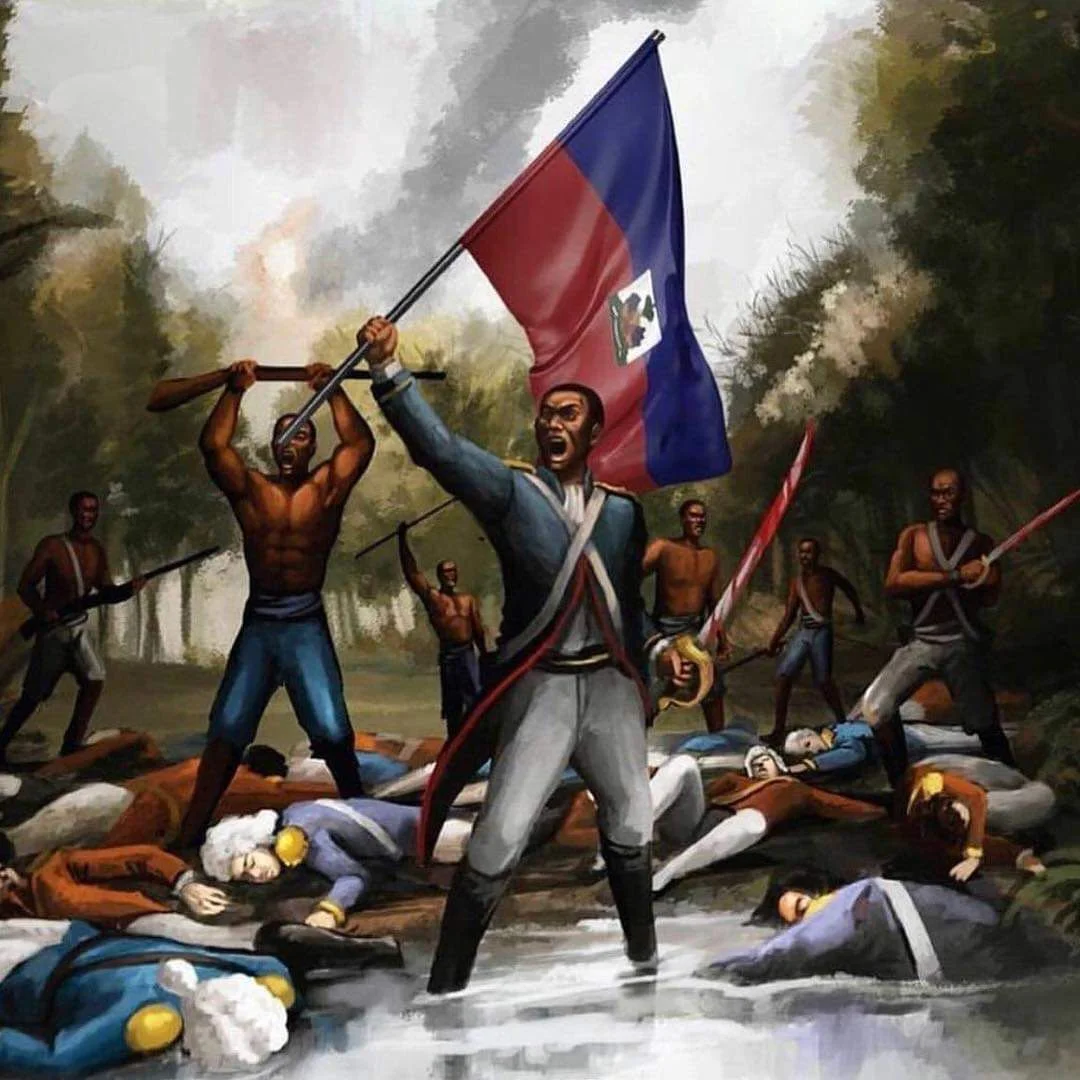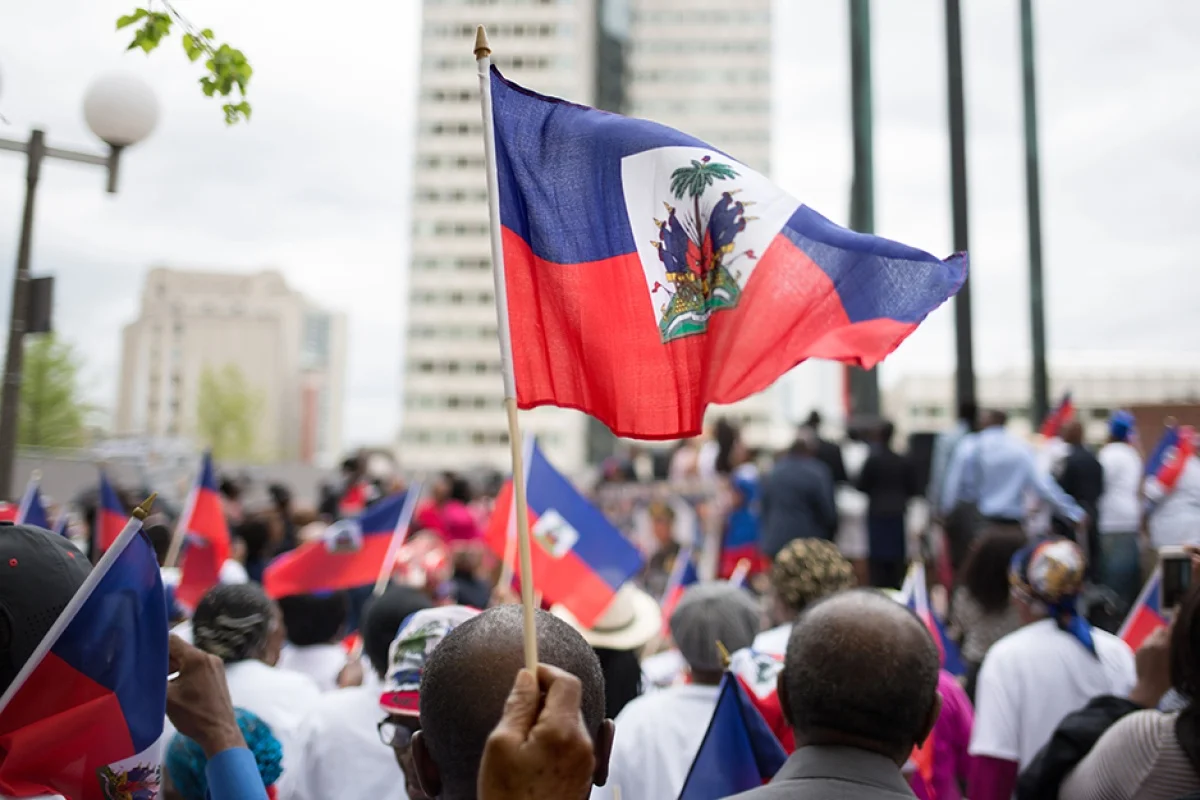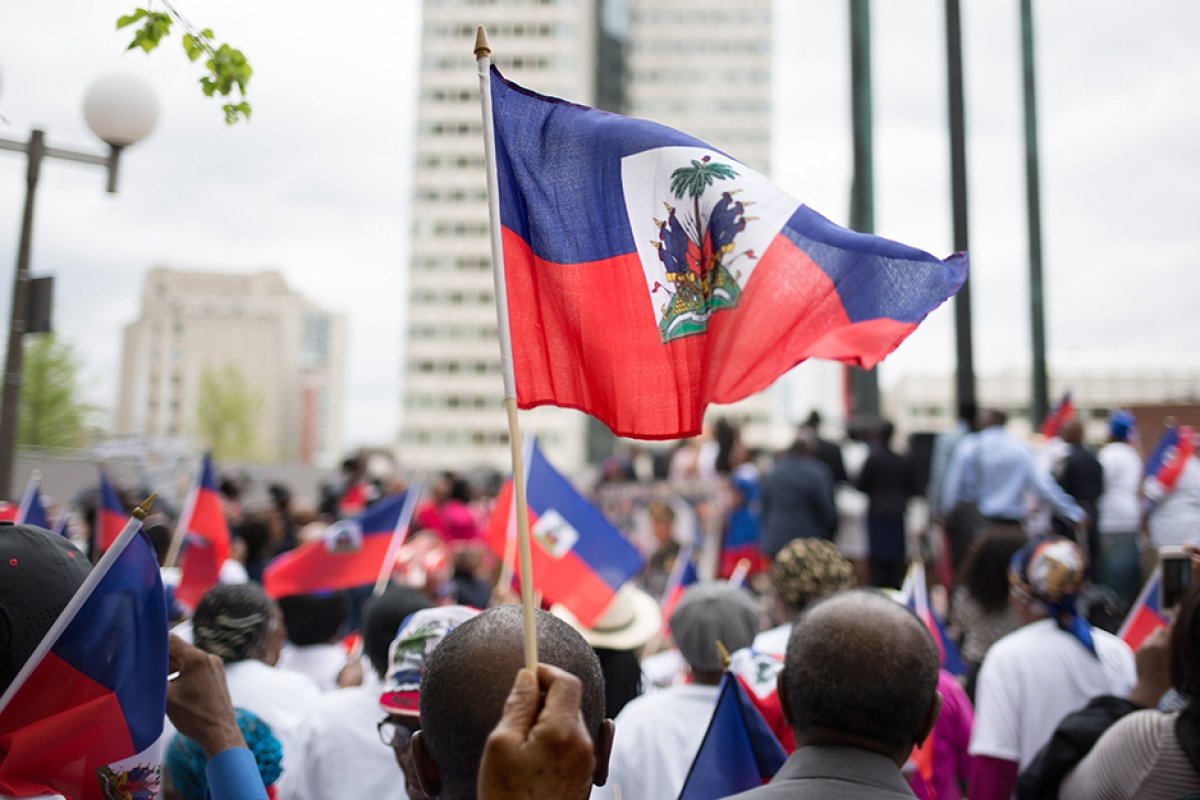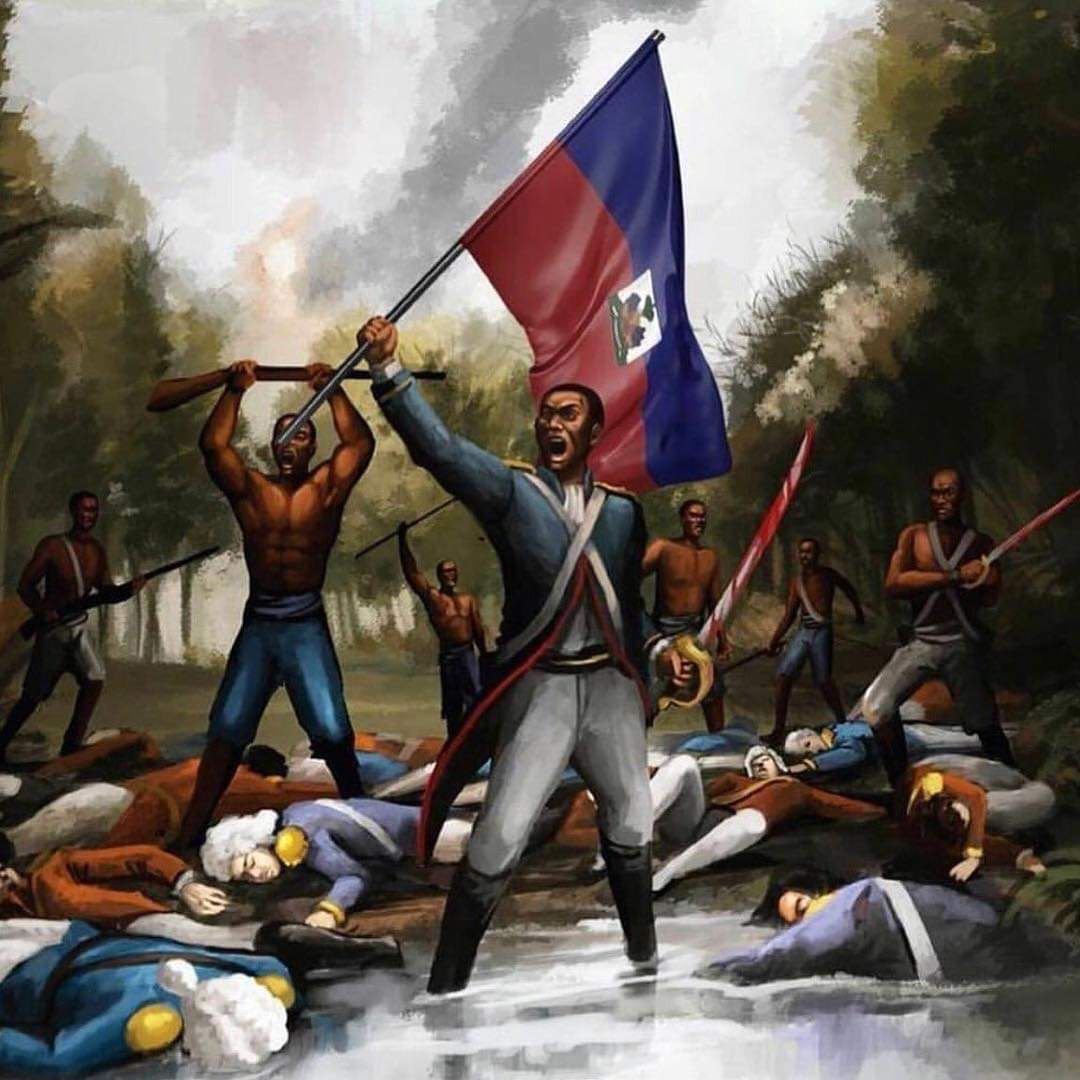Moïse François : Un jeune journaliste Haïtien engagé pour la littérature et le développement social
Moïse François est un jeune journaliste Haïtien, poète et étudiant en droit à l’Université d’État d’Haïti. Il est né le 13 novembre 1999 à Port-au-Prince et est l’aîné d’une famille de trois enfants. Il a grandi entre sa ville natale et Camp-Perrin, une petite ville dans le sud d’Haïti. Moïse François est un jeune Haïtien au parcours académique et professionnel remarquable, faisant montre d’une passion profonde pour la littérature, le journalisme, l’engagement social et la justice. Il incarne ce type de jeune dynamique que réclame la soif de toute grande société humaine. Moïse se revendique surtout arpenteur des pays de ses livres lus. "La littérature, celle qui rend libre, est mon premier lieu d’habitation. J’ai fréquenté Prague sous l’occupation soviétique de Milan Kundera, grâce à sa littérature, bien mieux que certains coins de Port-au-Prince, ma ville natale, en grande partie plongée dans l’horreur et la peur constante", déclare-t-il. Sa grande culture littéraire a largement contribué à son ouverture d’esprit, à sa survie dans ce pays et à sa créativité impressionnante.













































































